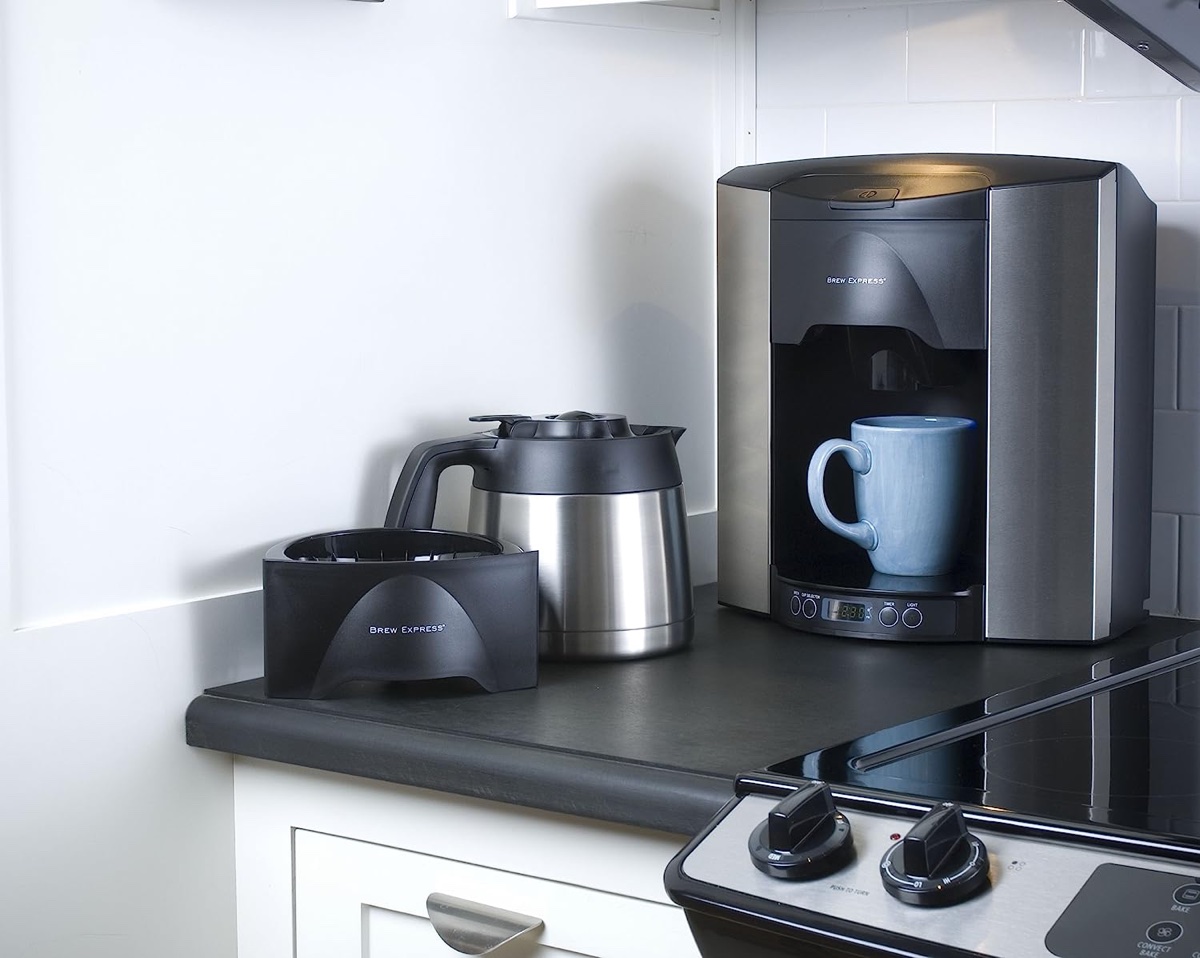

Articles
How Long Should A Coffee Machine Last
Modified: January 6, 2024
Discover how long a coffee machine should last with insightful articles from our experts. Learn what factors can affect its lifespan and find tips for maintenance and care.
(Many of the links in this article redirect to a specific reviewed product. Your purchase of these products through affiliate links helps to generate commission for Storables.com, at no extra cost. Learn more)
Introduction
The aroma of freshly brewed coffee in the morning is a delight that many of us can’t do without. Whether you’re a coffee enthusiast or just in need of a daily fix, having a reliable coffee machine at home can make all the difference. But have you ever wondered how long a coffee machine should last?
There are several factors that can affect the lifespan of a coffee machine, including the type of machine, frequency of use, maintenance, and quality of construction. Understanding these factors can help you make an informed decision when purchasing a coffee machine and also help you to extend its lifespan.
In this article, we will explore the average lifespan of different types of coffee machines, discuss the importance of proper maintenance, and provide you with tips to prolong the lifespan of your coffee machine.
So, if you’re curious about how long your coffee machine should last and how to keep it in optimal condition, keep reading!
Key Takeaways:
- Regular maintenance, including cleaning, descaling, and part replacement, can significantly extend the lifespan of your coffee machine, preserving taste, efficiency, and safety.
- Understanding the factors affecting coffee machine lifespan and choosing a high-quality, well-suited model can ensure years of delightful coffee brewing at home.
Read more: How Long Should A Television Last?
Factors Affecting Coffee Machine Lifespan
Several factors can influence the lifespan of a coffee machine. By understanding these factors, you can better assess the durability and longevity of different models.
- Build Quality: The construction and materials used in the coffee machine play a significant role in determining its lifespan. Machines made with high-quality materials and solid craftsmanship often last longer compared to those made with cheaper components.
- Frequency of Use: The more frequently you use your coffee machine, the greater the wear and tear it will experience. Coffee machines designed for heavier use, such as those in commercial settings, are typically built to withstand constant use for extended periods.
- Maintenance: Regular cleaning and maintenance can greatly impact the lifespan of a coffee machine. Neglecting to clean the machine regularly can lead to the accumulation of mineral deposits, clogging of internal components, and reduced performance.
- Water Quality: The quality of the water used in the coffee machine can also affect its lifespan. Hard water with high mineral content can cause build-up and calcification within the machine, leading to potential damage and decreased functionality.
- Brand and Model: The brand and model of the coffee machine can also play a role in determining its lifespan. Reputable brands often offer higher-quality machines that are built to last, while lesser-known brands may have lower durability.
Understanding these factors can help guide your decision-making process when purchasing a coffee machine. It’s important to consider these factors and choose a machine that aligns with your specific needs and expectations for longevity.
Average Lifespan of Different Types of Coffee Machines
The average lifespan of a coffee machine can vary depending on its type. Here is a breakdown of the average lifespans for different types of coffee machines:
- Drip Coffee Machines: Drip coffee machines, also known as filter coffee machines, are commonly used in households. These machines have a relatively long lifespan, averaging around 5 to 7 years with proper maintenance. Some high-quality drip coffee machines can last even longer.
- Espresso Machines: Espresso machines are known for their versatility and the ability to produce professional-quality espresso shots. The typical lifespan of an espresso machine ranges from 7 to 10 years, depending on the brand, model, and maintenance practices. Commercial-grade espresso machines used in cafes and restaurants may have a shorter lifespan due to the higher volume of use.
- Pod/Capsule Machines: Pod or capsule coffee machines have gained popularity in recent years due to their convenience. These machines usually have a lifespan of 3 to 5 years. However, it’s important to note that the lifespan of pod/capsule machines can be shorter if the manufacturer discontinues the compatible pods or if specific parts become obsolete.
- Manual Espresso Machines: Manual espresso machines, also known as lever espresso machines, are operated manually, giving the user full control over the brewing process. These machines are built with durability in mind and can last for 10 years or more with proper care and maintenance.
- Single-Serve Machines: Single-serve coffee machines, such as Keurig or Nespresso machines, are designed to quickly brew a single cup of coffee or other beverages. The average lifespan of single-serve machines is around 3 to 5 years, although this can vary depending on the brand and model.
Keep in mind that these lifespans are estimates based on general usage and average conditions. The actual lifespan of a coffee machine can vary based on factors such as usage frequency, maintenance practices, and the quality of the machine.
When purchasing a coffee machine, it’s always a good idea to read reviews, consider the reputation of the brand, and inquire about warranty and after-sales support to ensure you choose a machine that aligns with your expectations for longevity.
Importance of Proper Maintenance
Proper maintenance is vital for extending the lifespan of your coffee machine and ensuring its optimum performance. Here are a few reasons why maintenance is important:
- Preventing Build-Up and Clogs: Regular cleaning helps prevent the build-up of mineral deposits, coffee residue, and oils inside the machine. These deposits can clog the internal components, affecting the machine’s performance and potentially causing damage.
- Preserving Taste and Flavor: A well-maintained coffee machine helps ensure that your coffee tastes as it should. Build-up and residue can affect the flavor and aroma of your coffee, so regular cleaning and descaling are essential for maintaining the quality of your brew.
- Enhancing Efficiency: A clean and properly maintained coffee machine operates more efficiently. When internal components are free from obstructions, the machine can function optimally, resulting in faster brewing times and consistent water flow.
- Extending Lifespan: By taking care of your coffee machine and following the manufacturer’s maintenance recommendations, you can significantly extend its lifespan. Regular cleaning, descaling, and replacing worn-out parts when necessary can help prevent premature breakdowns and costly repairs.
- Improving Safety: Neglecting maintenance can have safety implications. For example, a dirty coffee machine may have a higher risk of overheating, which can pose a fire hazard. Proper maintenance ensures that your coffee machine operates safely and reduces the risk of accidents.
It’s important to consult your coffee machine’s user manual for specific maintenance instructions. This may include regular cleaning of detachable parts, descaling, and replacing filters or gaskets at recommended intervals. Additionally, using high-quality water and cleaning agents specifically formulated for coffee machines can further improve maintenance outcomes.
By dedicating a little time and effort to regular maintenance, you can enjoy better-tasting coffee, extend the lifespan of your machine, and have peace of mind knowing that your coffee brewing experience is safe and efficient.
Regular maintenance and cleaning can help extend the lifespan of a coffee machine. Follow the manufacturer’s guidelines for descaling and cleaning to ensure it lasts longer.
Signs It’s Time to Replace Your Coffee Machine
While proper maintenance can significantly extend the lifespan of your coffee machine, there will come a time when it’s necessary to replace it. Here are some signs that indicate it may be time for a new coffee machine:
- Consistent Breakdowns: If your coffee machine requires frequent repairs and is constantly breaking down, it may be more cost-effective to invest in a new machine rather than continuously repairing the old one.
- Deteriorating Performance: If you notice a decline in the performance of your coffee machine, such as slower brewing times, inconsistent water temperature, or weaker coffee extraction, it could be a sign that the internal components are wearing out and it’s time for an upgrade.
- Visible Damage: If your coffee machine has physical damage like cracks, leaks, or broken parts, it can impact its functionality and compromise safety. In such cases, it’s best to replace the machine rather than risk further damage or potential accidents.
- Obsolete Features: Coffee machine technology is constantly evolving, and new models often come with innovative features and improvements. If your current machine lacks the features you desire or is outdated, it may be worth considering an upgrade to enjoy the latest advancements in coffee brewing.
- Excessive Wear and Tear: After years of use, coffee machines can show significant signs of wear and tear. If your machine’s exterior is heavily scratched, the buttons are worn out, or the coffee pot or brewing chamber is worn and stained, it may be time for a fresh start with a new machine.
When considering replacing your coffee machine, take into account your budget, brewing preferences, and desired features. Research different brands and models, read reviews, and compare prices to find the best option that meets your needs.
Remember, a well-functioning and reliable coffee machine is essential for enjoying your daily cup of joe, so don’t hesitate to invest in a new one when your current machine reaches the end of its lifespan or shows signs of significant deterioration.
Read more: How Long Should Blinds Last
Tips to Prolong the Lifespan of Your Coffee Machine
To maximize the lifespan of your coffee machine and keep it running smoothly, consider implementing the following tips:
- Regular Cleaning: Clean your coffee machine on a regular basis to remove coffee residue, oils, and mineral deposits. Refer to the manufacturer’s instructions for specific cleaning recommendations. Always unplug the machine before cleaning.
- Descale the Machine: Over time, mineral deposits from water, known as scale, can build up inside your coffee machine. Use a descaling solution or a mixture of vinegar and water to descale the machine periodically. Follow the instructions provided by the manufacturer. Descaling helps maintain proper functionality and prevents clogs.
- Use Filtered Water: If you have hard water, consider using filtered or bottled water in your coffee machine. This can reduce mineral build-up and extend the lifespan of your machine. Avoid using distilled water, as it can negatively affect the taste of the coffee.
- Replace Filters and Parts: Replace filters, filter baskets, and other removable parts as recommended by the manufacturer. This ensures optimal performance and prevents any build-up that may affect the quality of your coffee.
- Avoid Overloading: Follow the recommended coffee grounds or water capacity for your specific machine. Overloading can strain the internal components and decrease the lifespan of your machine. Refer to the user manual for the correct measurements.
- Store Properly: If you won’t be using your coffee machine for an extended period, store it in a clean and dry place. Ensure that the machine is completely dry before storing to prevent any mold or bacteria growth.
- Avoid Quick Power Cycling: Allow your coffee machine to cool down before turning it back on after brewing. Rapid power cycling can put unnecessary stress on the machine’s heating elements.
- Regular Maintenance: Follow the recommended maintenance schedule provided by the manufacturer. This may include replacing gaskets, seals, or other worn-out parts. Regular maintenance can prevent significant breakdowns and prolong the lifespan of your machine.
By incorporating these tips into your coffee machine maintenance routine, you can ensure that your machine remains in optimal condition, providing you with delicious cups of coffee for years to come.
Remember, proper care and maintenance are essential for prolonging the lifespan of any appliance, and your coffee machine is no exception. Treat it well, and it will reward you with a consistent and enjoyable coffee brewing experience.
Conclusion
A good coffee machine can be a beloved companion, providing you with your daily dose of caffeine and a comforting ritual. By understanding the factors that affect the lifespan of your coffee machine and implementing proper maintenance practices, you can ensure that it serves you well for an extended period.
We’ve discussed the average lifespan of different types of coffee machines, with drip coffee machines lasting around 5 to 7 years, espresso machines lasting 7 to 10 years, and pod/capsule machines lasting 3 to 5 years. However, these are just estimates, and proper maintenance can help you achieve even longer lifespans.
Proper maintenance is crucial for preserving the taste and flavor of your coffee, enhancing efficiency, and preventing potential breakdowns. Regular cleaning, descaling, and replacing worn-out parts are essential practices that can extend the lifespan of your machine and ensure optimal performance.
Keep an eye out for signs that it’s time to replace your coffee machine, such as consistent breakdowns, deteriorating performance, visible damage, obsolete features, and excessive wear and tear. When the time comes, research different brands and models to find the perfect machine that suits your needs and preferences.
Lastly, follow the tips we provided to prolong the lifespan of your coffee machine. Regular cleaning, descaling, using filtered water, and avoiding overloading are just some of the practices that can keep your machine running smoothly for years.
Remember, maintaining a well-functioning coffee machine not only ensures a great cup of coffee but also saves you money in the long run by reducing the need for frequent repairs or premature replacements.
So, take care of your coffee machine, and it will continue to be your reliable companion, bringing you the joy and satisfaction of a perfect cup of coffee each day.
Frequently Asked Questions about How Long Should A Coffee Machine Last
Was this page helpful?
At Storables.com, we guarantee accurate and reliable information. Our content, validated by Expert Board Contributors, is crafted following stringent Editorial Policies. We're committed to providing you with well-researched, expert-backed insights for all your informational needs.
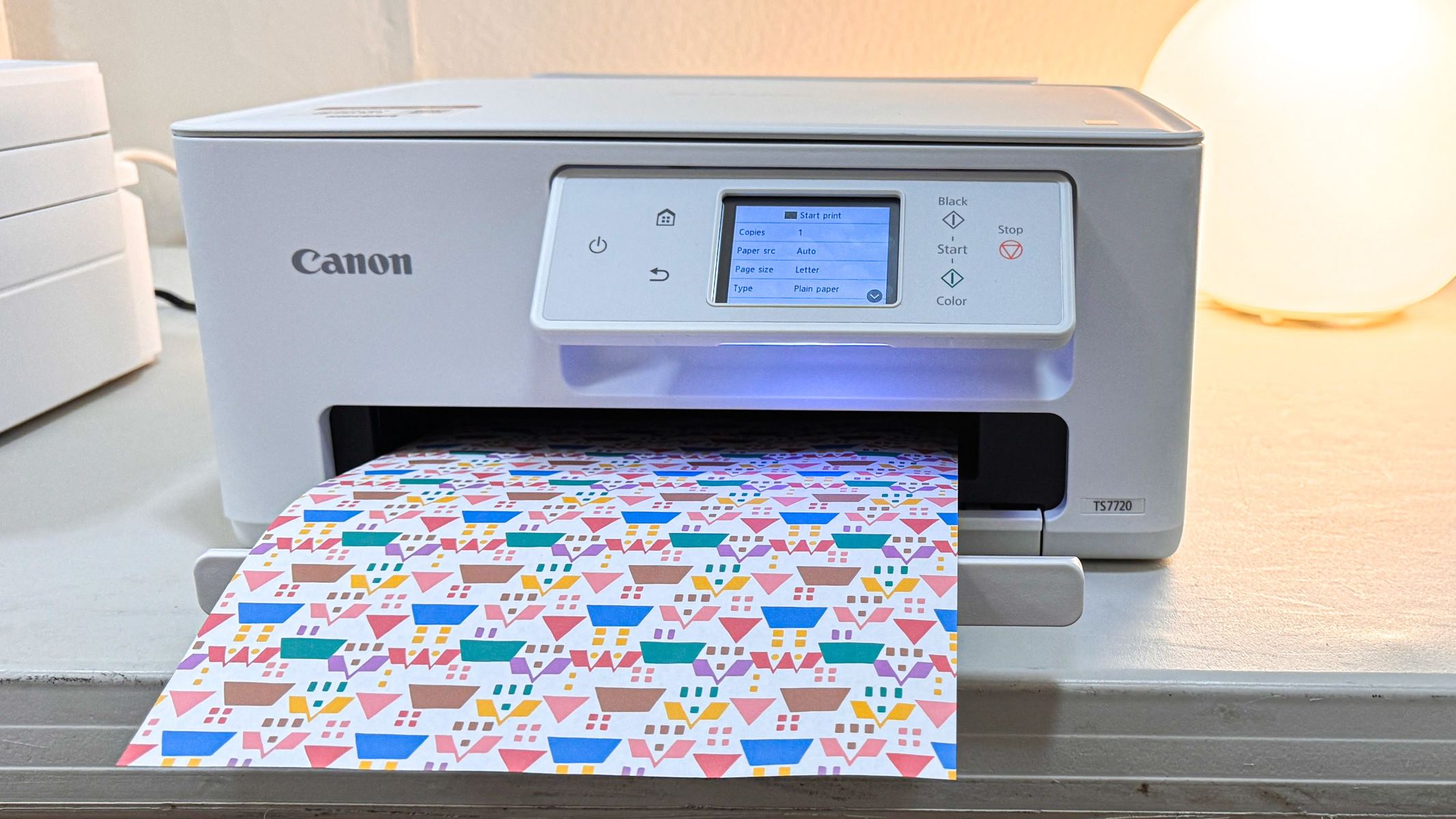
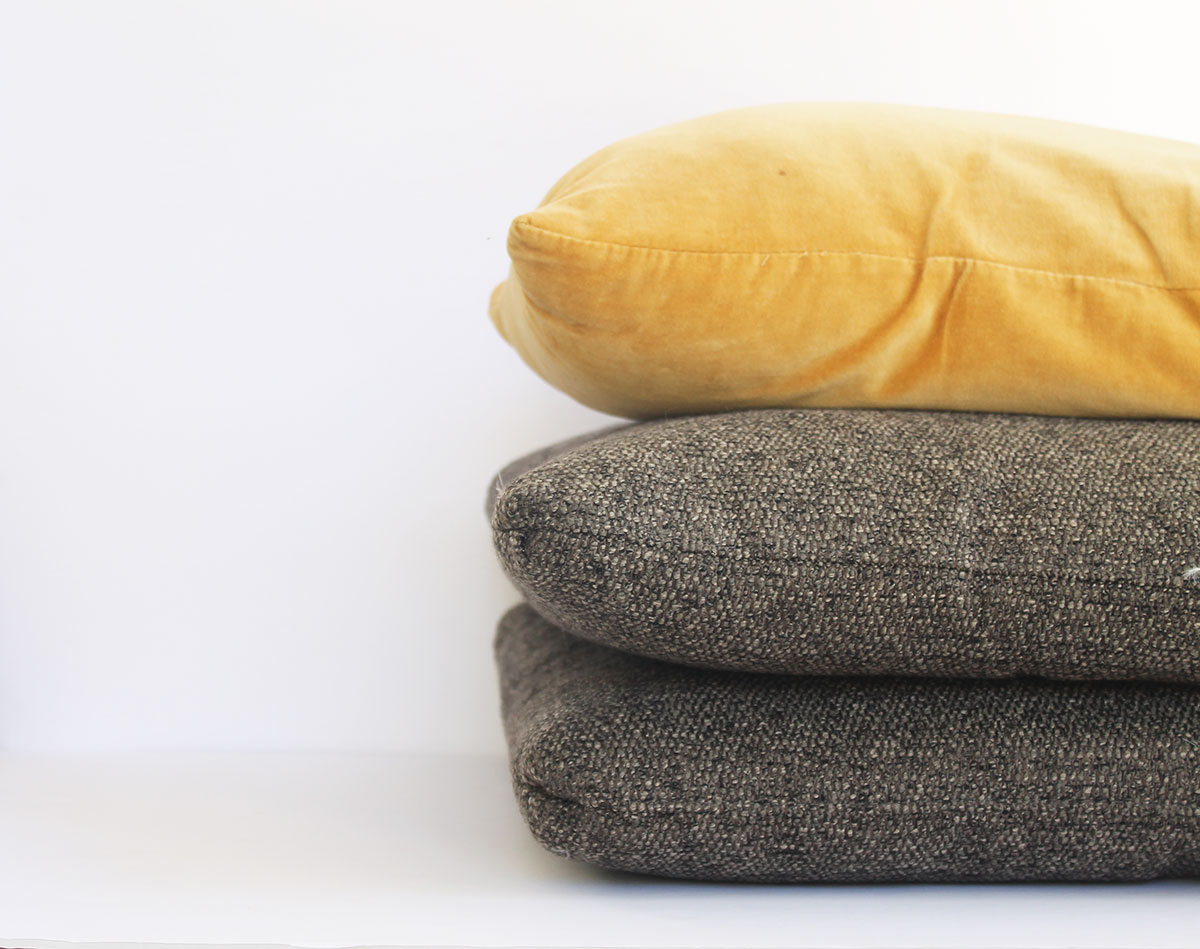



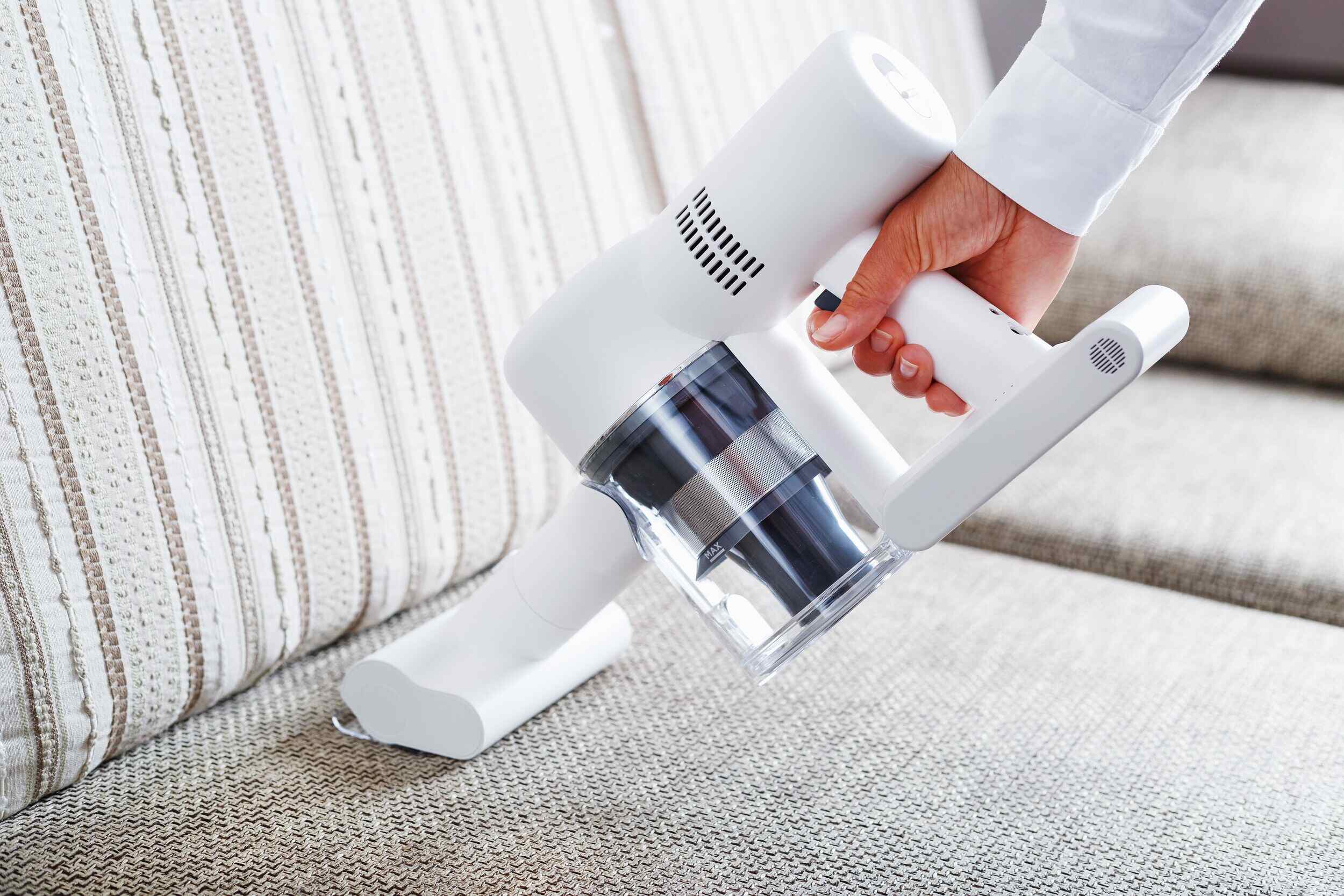
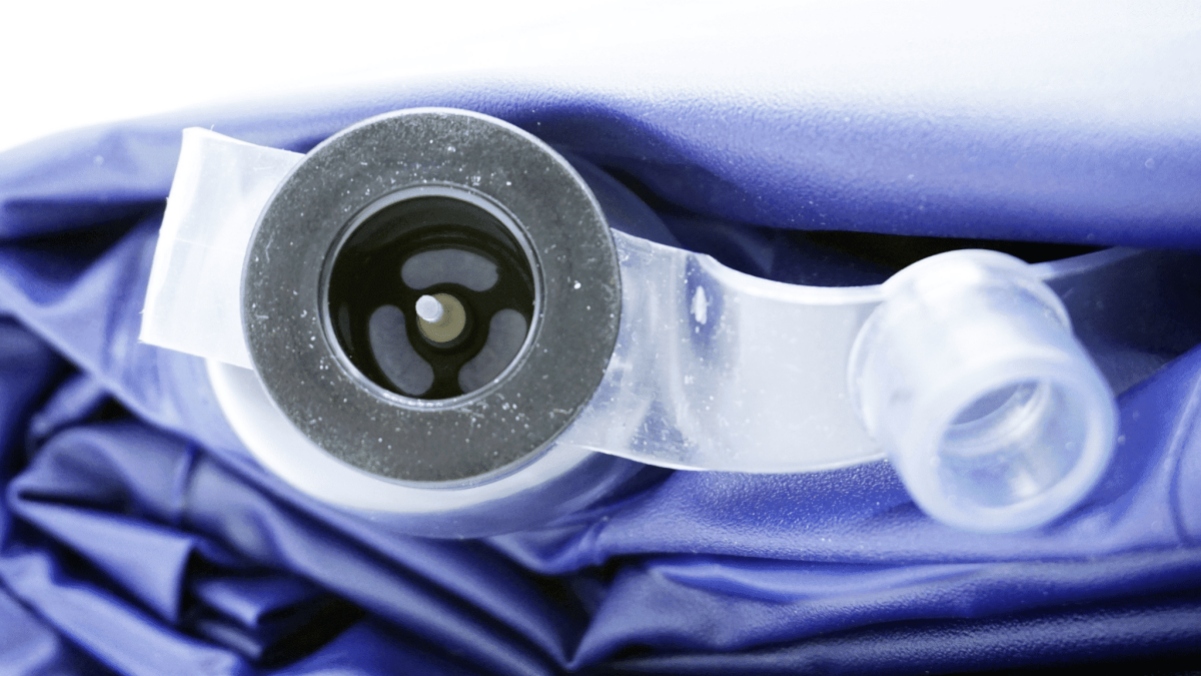
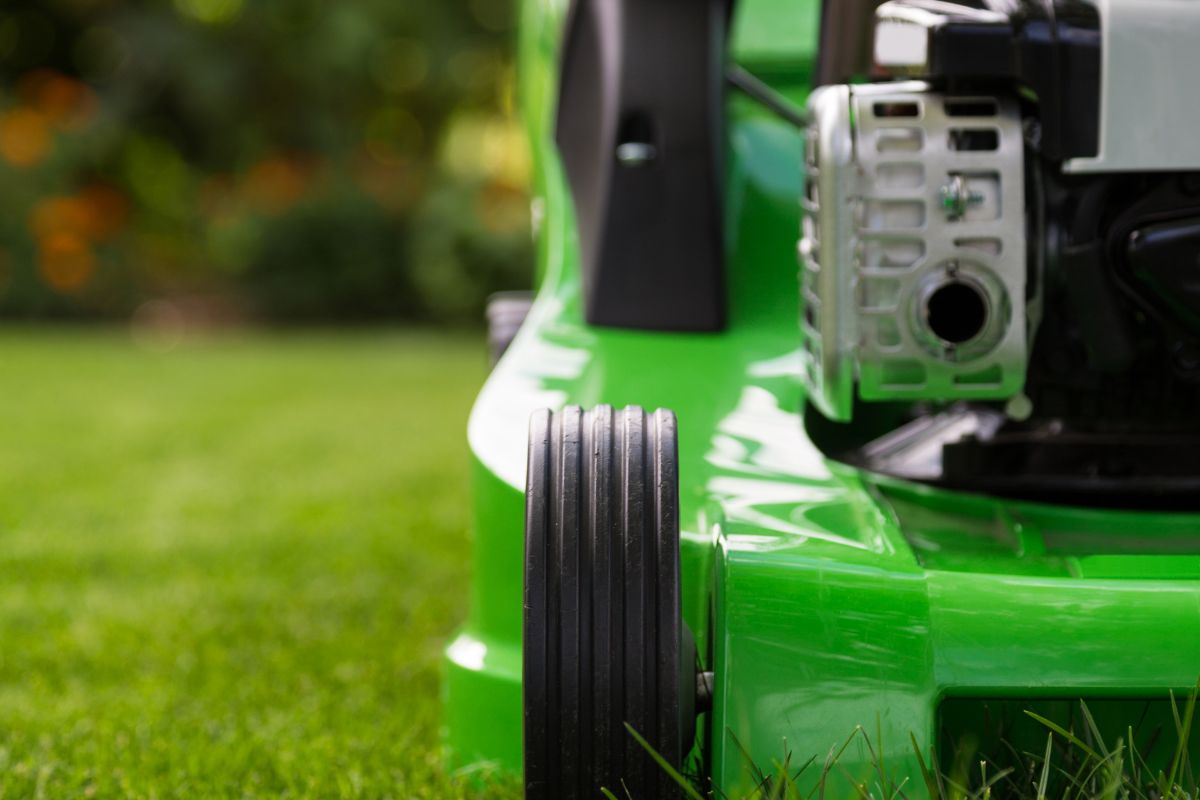
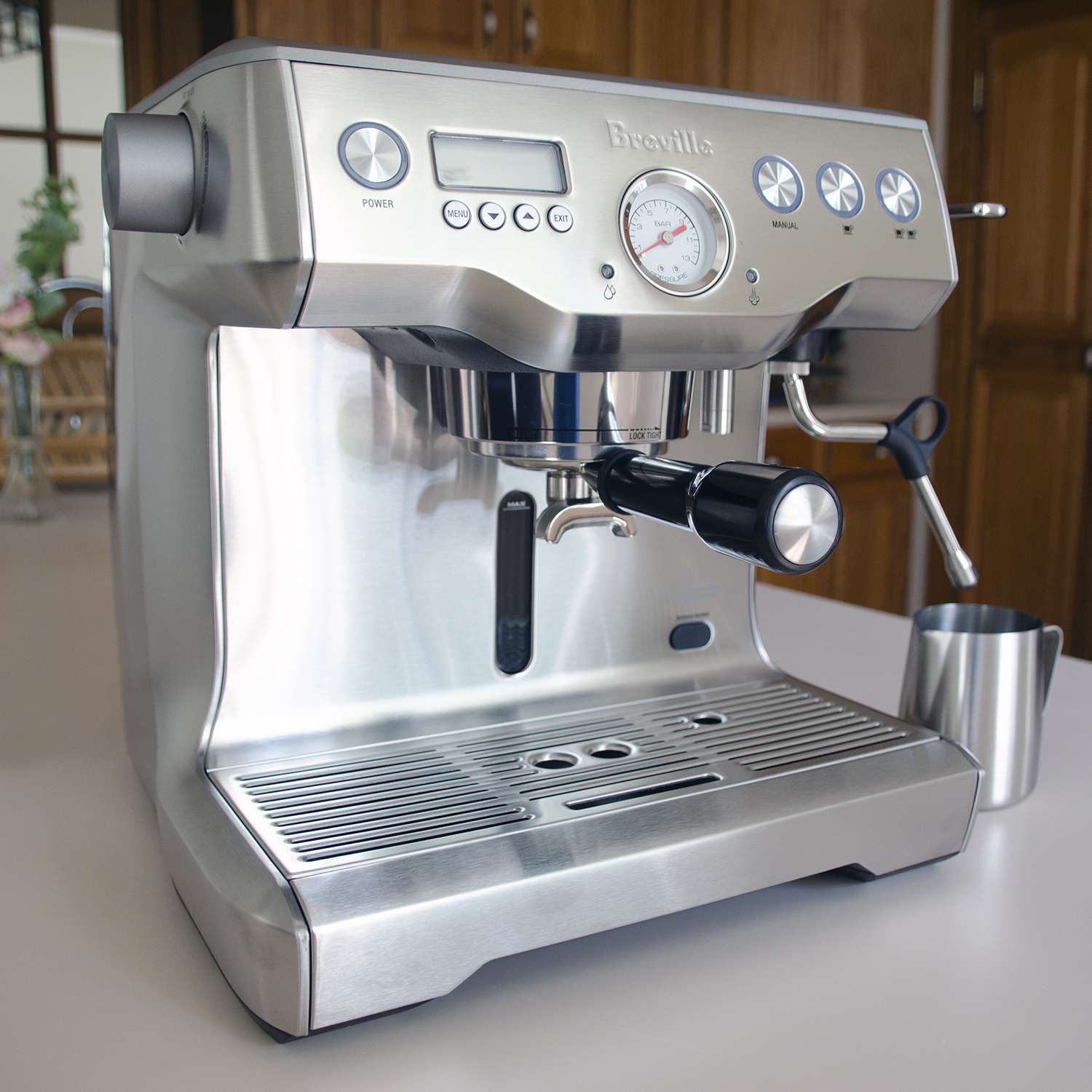
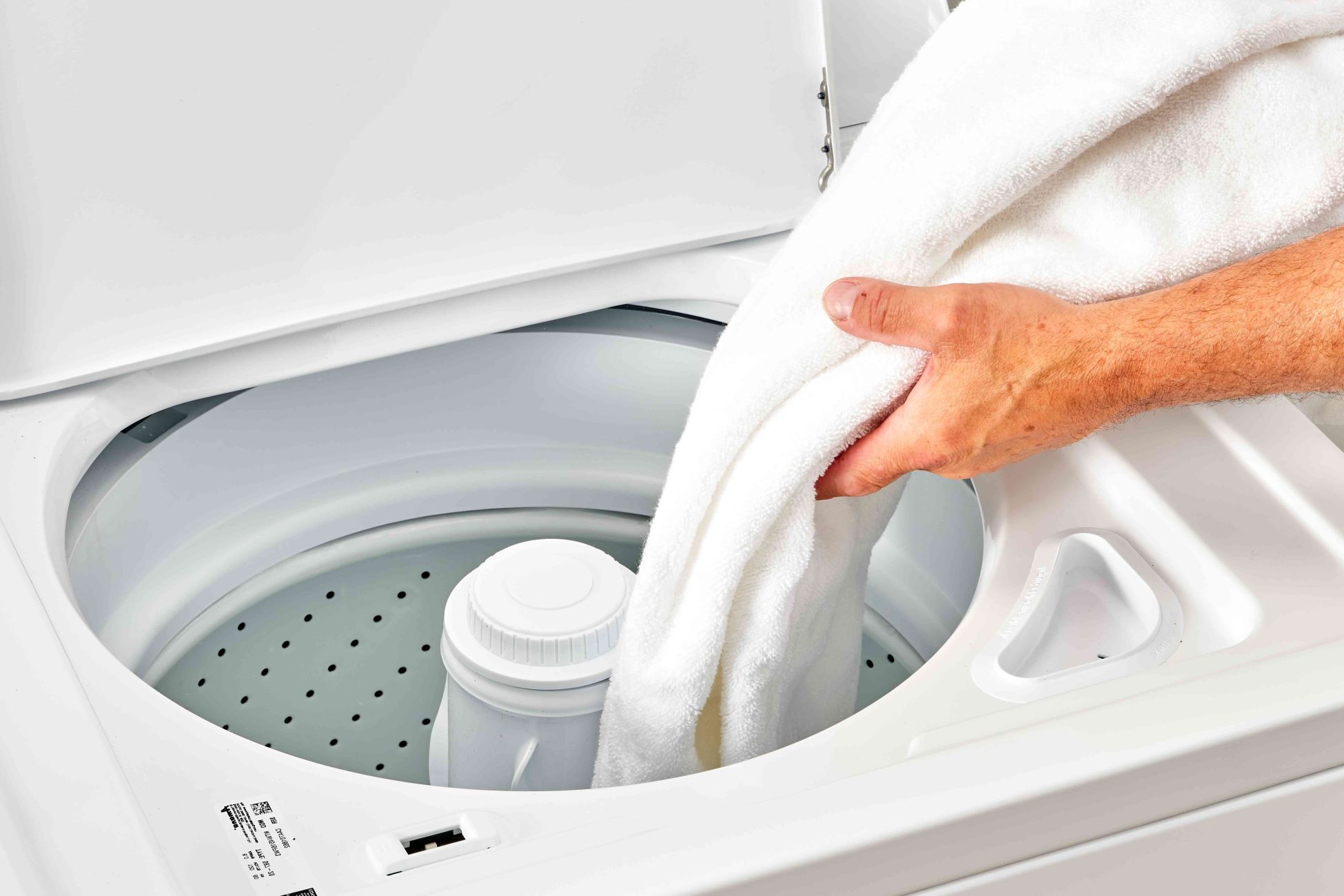

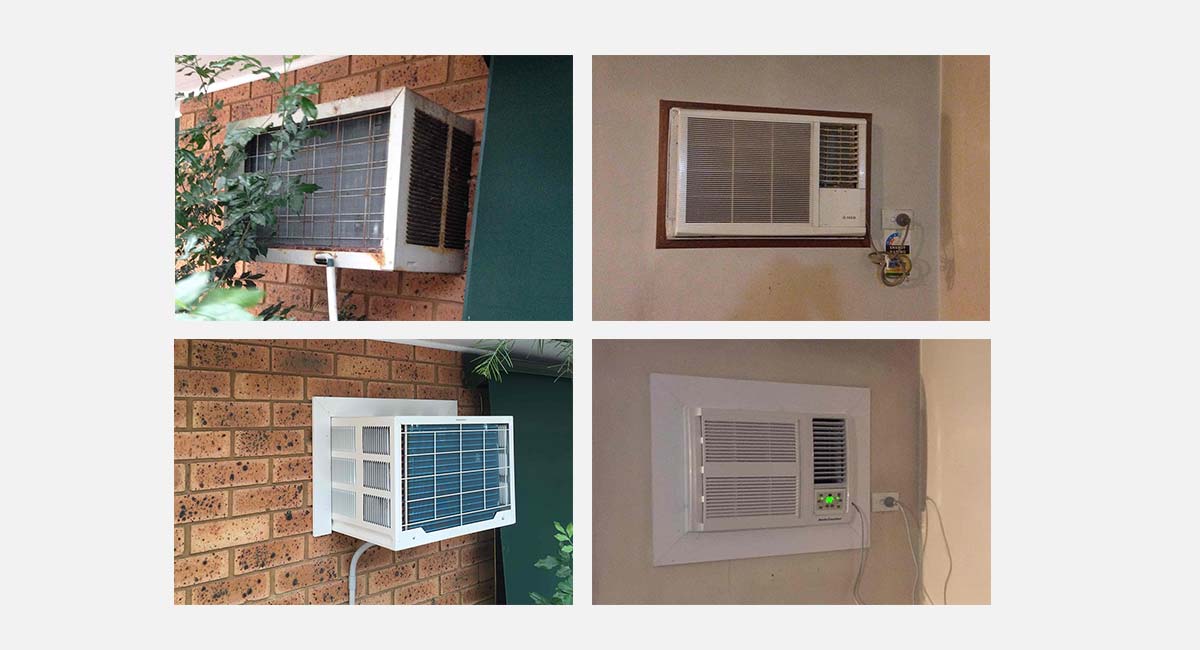
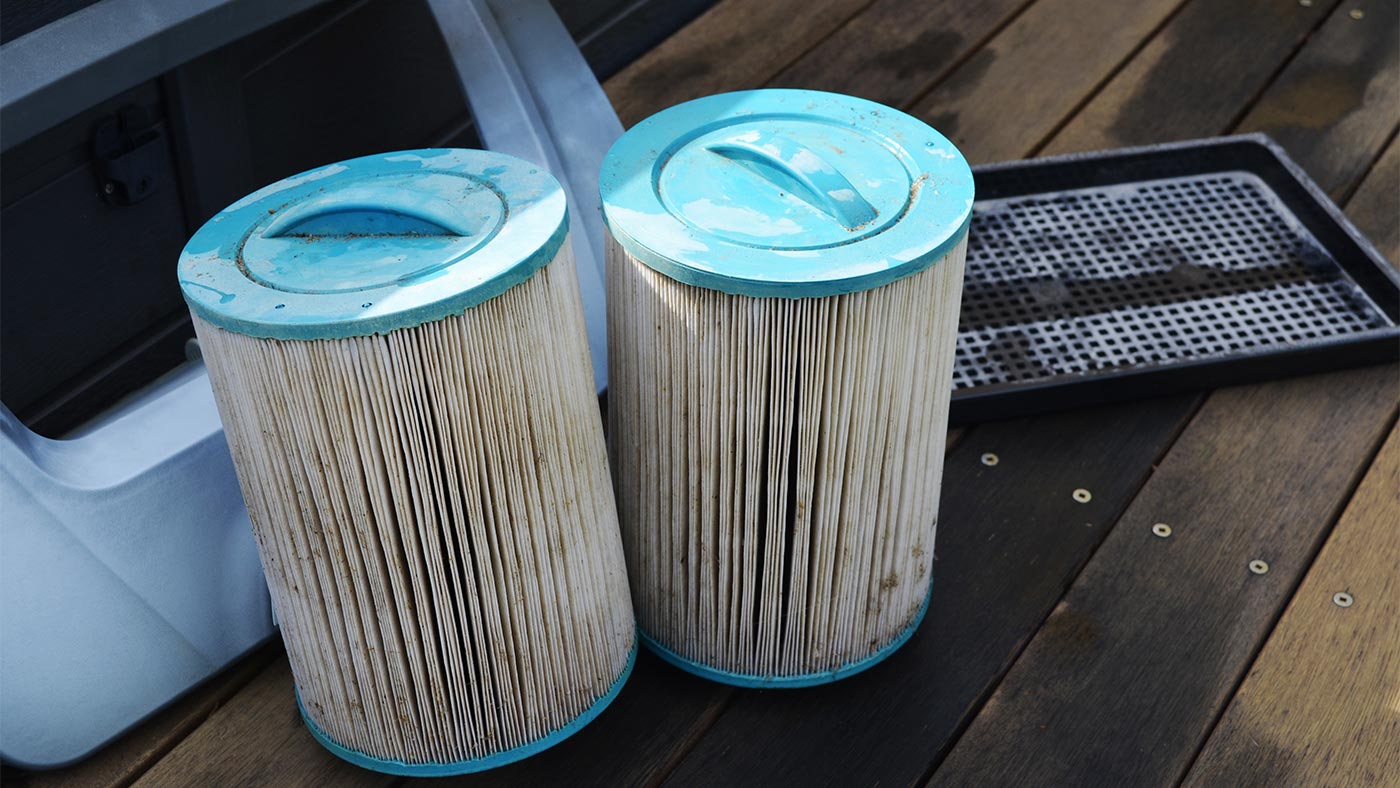
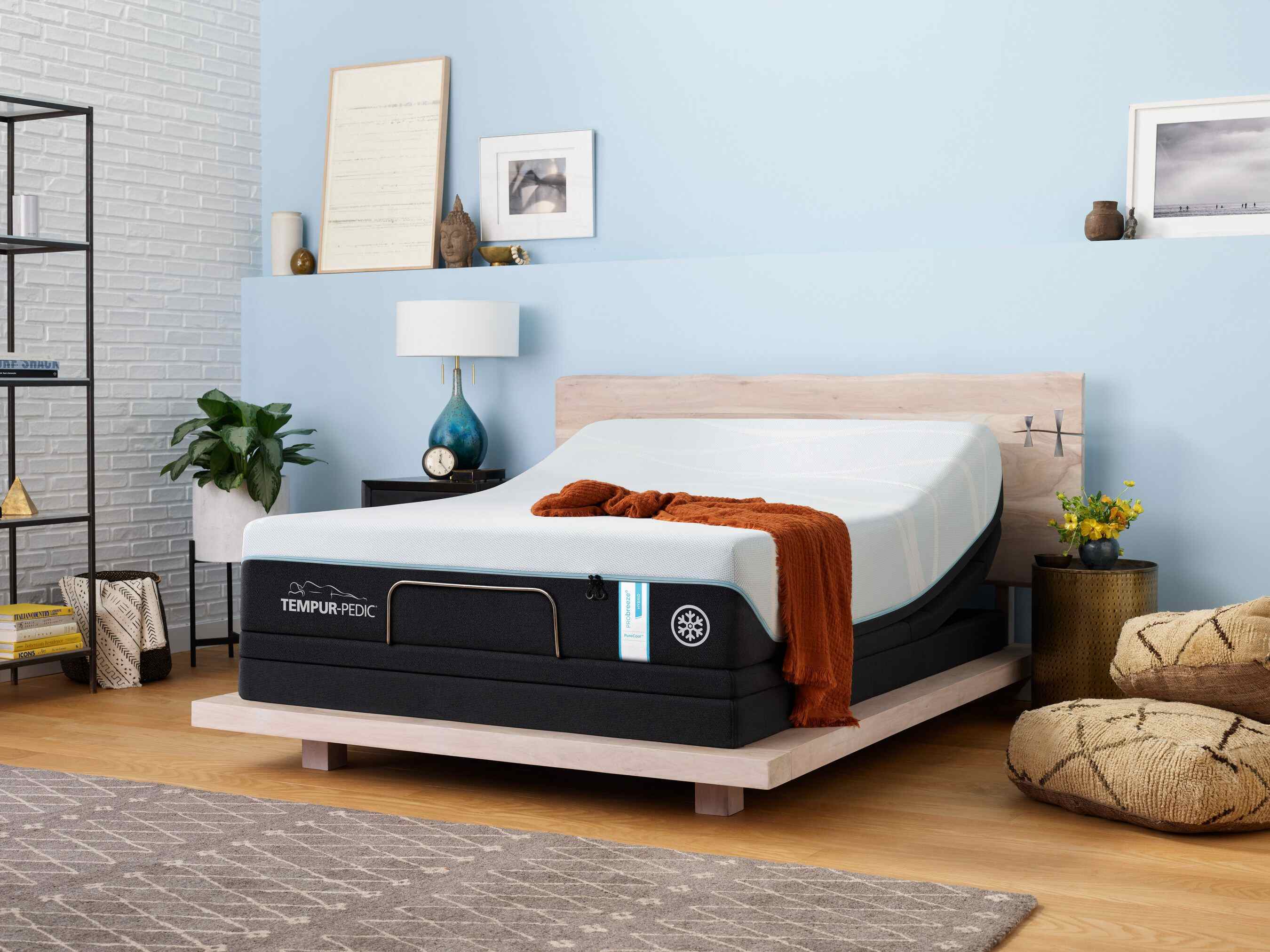

0 thoughts on “How Long Should A Coffee Machine Last”